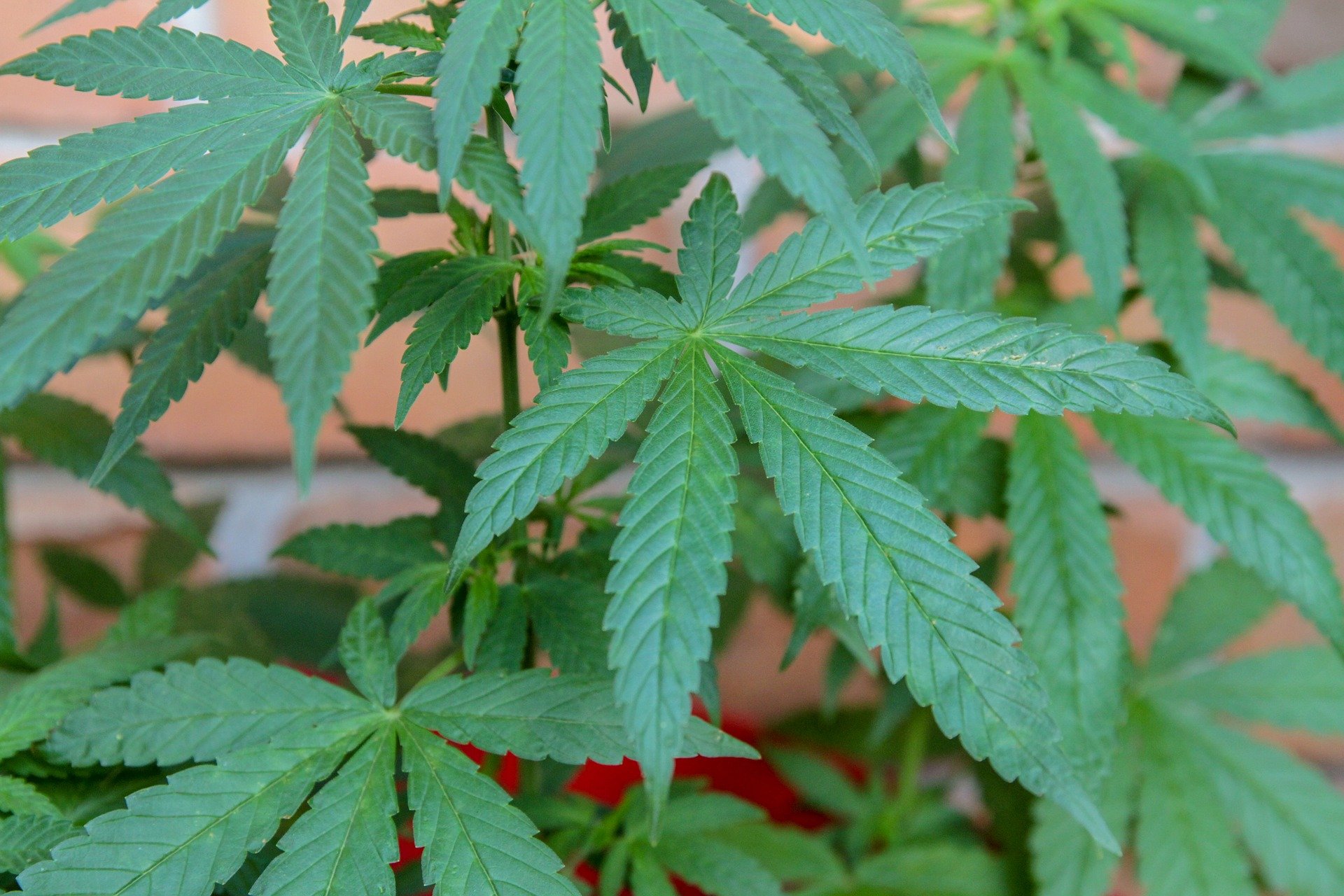
Local lawmakers split their votes on adult-use marijuana legalization in the special session among party lines, but the bill passed the state’s Democratic-controlled legislature. Governor Lujan Grisham signed the law on April 12, making New Mexico the third state this year to approved adult use.
Arizona approved recreational sales last November.
The adult-use law allows those ages 21 and older to purchase up to two ounces of marijuana and/or up to 16 grams of cannabis extract from licensed retailers. It also permits adults to home-cultivate up to six mature plants for their personal use.
Another law makes people with past convictions for offenses made legal under this act eligible for automatic expungement of their records. Those currently incarcerated for such offenses are eligible for a dismissal of their sentence.
State representatives Kristina Ortiz and Susan Herrera, Democrats, both voted in favor of the bills.
“This is a once-in-a-lifetime opportunity for our state to be ahead of the curve and legalize adult-use recreational cannabis with a framework made by New Mexicans for New Mexicans,” Ortiz told the Lea County Tribune. It “creates a multi-million-dollar industry in our state with fair and equitable access for our communities and that also recognizes and begins to reverse the tremendous harms done by the failed War on Drugs.”
Republican officials said they voted against the bills because they were redundant and poorly written.
For instance, state senator Gay Kernan said possession of up to 2 ounces of pot is already ignored. Marijuana is already available in small amounts without the threat of arrest,” she told Lea County Tribune.
Sen. David Gallegos suggested New Mexicans look to Colorado to see Gov. Jon Hickenlooper’s (D) relationship with adult use.
Hickenlooper opposed Amendment 64, the adult use referendum voters decided in 2012. He warned then federal law classifies marijuana as a Schedule I substance. Hickenlooper worried Colorado would face retribution from the feds. While marijuana is still a Schedule 1 substance, like heroin, New Mexico is the 17th state to legalize adult-use cannabis. Colorado was the first.
Fast forward to 2016 and the governor said gray-market marijuana presents a “clear and present danger” to his state. That “gray market” was pot grown legally but sold illegally.
Some authorities in Hickenlooper’s neighboring states blamed Colorado for the weed in their own communities because of the easy access nearby in the Centennial State.
With 2018 came another flip or flop. Hickenlooper said, “the things that we most feared—a spike in teenage consumption, a spike in overall consumption, people driving while high—we haven’t seen them.”
“We had a little increase in teenage consumption, but then it went down. We do think that some of the teenage consumers are using it a little more frequently than they were five years ago before legalization,” he added. “We have in many ways seen no demographic where there’s an increase in consumption, with one exception: senior citizens. I leave you to draw your own conclusions.”
Kernan pointed to the black-market situation potential for New Mexico. “It will not impact the black market because the excise tax and the [gross receipts taxes] added on top of that tax will make the black-market cannabis cheaper than the legal product,” she added. “Minors are not protected under this bill and could potentially be targeted as suppliers and transporters of cannabis by adults who would not be held accountable.”
While Republicans voted against the bills, one thing no one is disagreeing on is the potential taxes coming to the state coffers. Marijuana Business Daily projects that an adult-use market in New Mexico will generate $125 million in sales the first full year and $350 million annually by the fourth year.
A 12 percent cannabis excise tax is levied on retail sales until July 1, 2025. This tax increases by one percentage point per year, maxing out at 18% on July 1, 2030. One-third of the cannabis excise tax revenue will go to the municipality where the sales were made. Another third of the cannabis excise tax revenue will go to the county where the sales were made.
Gross receipts taxes will range from 5.125% to 8.8125%, depending on the location in the state, This tax does not apply to “medicinal cannabis.”


